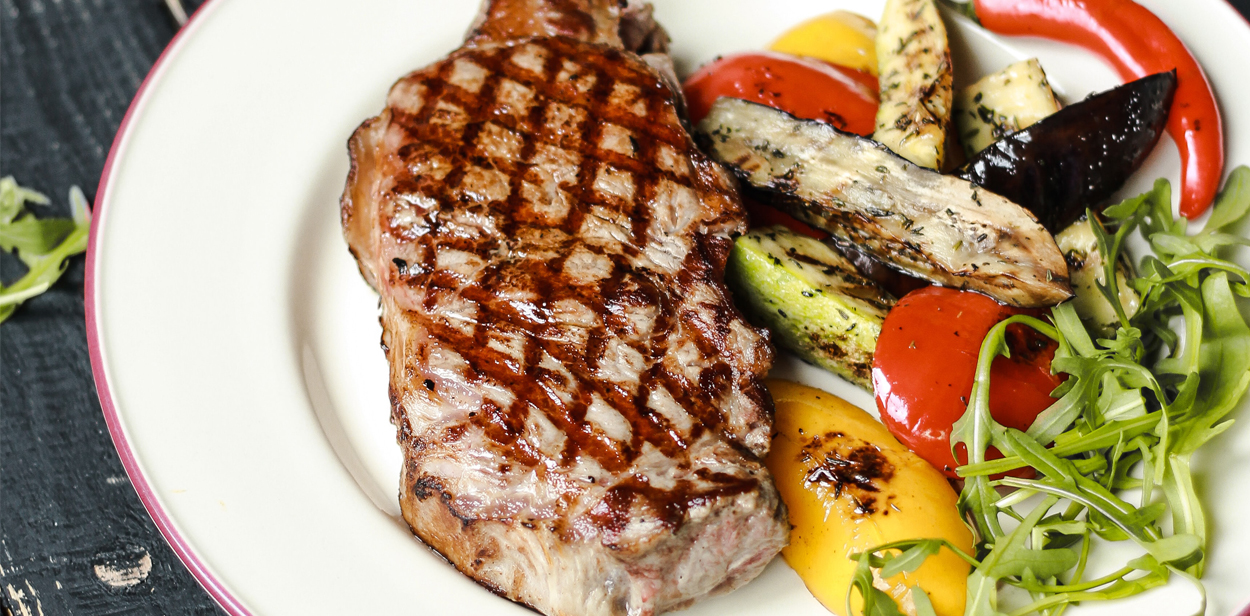
If you’re a food enthusiast who enjoys exploring unique flavors and textures, alligator meat should definitely be on your culinary radar. Not only does it offer a delicious and mild taste, but it also provides various health benefits. In this article, we’ll delve into the wonders of alligator meat, discussing its composition, preparation, and fascinating history.
Composition: A Nutritional Powerhouse
Alligator meat stands out as a nutritional powerhouse, boasting a remarkable blend of essential nutrients. One of its most significant advantages is its high protein content. Protein is essential for the growth, repair, and maintenance of tissues in our body, making alligator meat an excellent option for fitness enthusiasts, athletes, and anyone seeking a well-balanced diet.
Additionally, alligator meat is remarkably low in fat, making it an ideal choice for those looking to maintain a healthy weight or reduce their fat intake. The meat’s low-fat content not only contributes to a leaner diet but also plays a role in promoting heart health.
Apart from protein and low fat, alligator meat is rich in essential minerals like iron, magnesium, and phosphorus, which are crucial for various bodily functions. Incorporating alligator meat into your diet can help supplement these essential minerals and contribute to overall well-being.
Preparation: Unleashing the Deliciousness
Cooking alligator meat requires some finesse to bring out its best flavors and maintain its firm texture. One popular and delicious way to enjoy alligator meat is through deep frying. Deep-frying the alligator tail gives it a crispy and golden exterior while retaining its succulent and tender interior. Many restaurants in Texas have embraced this preparation method, delighting their customers with the unique taste and texture of deep-fried alligator.
Another mouthwatering technique to savor alligator meat is by blackening it. Blackening is a cooking process that involves coating the meat with a flavorful blend of spices and then searing it in a hot skillet. This method enhances the taste of the meat and creates a slightly charred outer layer, adding depth to the overall flavor profile.
For those who prefer a lighter approach, grilling alligator meat is an excellent option. Grilling brings out the natural flavors of the meat while preserving its tenderness. It allows for a healthier preparation with minimal added fats, making it an appealing choice for health-conscious individuals.
History: From Survival to Sensation
The consumption of alligator meat traces back centuries, with historical evidence of various cultures incorporating it into their diets. For indigenous communities in regions where alligators were abundant, these reptiles were a valuable food source and their hides were used for clothing and shelter.
Fast forward to the present day, alligator meat has transitioned from being a survival necessity to becoming a culinary sensation. It has gained popularity not only in its native regions but also in various parts of the world, where adventurous foodies seek out this exotic delicacy.
The rise of alligator meat in the culinary world can be attributed to its unique taste and texture, as well as its nutritional benefits. As people become more health-conscious and open to trying new culinary experiences, alligator meat has found its way onto the menus of upscale restaurants and trendy eateries.
Exploring the Alligator Meat Trend
In recent years, the alligator meat trend has seen a significant surge, especially in areas where it was previously less common. This is partly due to the increasing appreciation for diverse cuisines and the desire to sample extraordinary dishes from various cultures.
Furthermore, the culinary world’s fascination with alligator meat can also be attributed to the rise of sustainable and ethical food practices. Alligators are now farmed responsibly to meet the demand for their meat, reducing the pressure on wild populations and ensuring the continuity of this culinary delight.
In Conclusion
Alligator meat has undoubtedly emerged as a sought-after delicacy that excites the palates of food enthusiasts worldwide. Its high protein content, low fat, and unique flavor make it a compelling choice for those seeking a delightful and nutritious meal. Whether it’s deep-fried, blackened, or grilled, each preparation method offers a distinct gastronomic experience.
As the trend for alligator meat continues to grow, it’s crucial to appreciate the cultural and historical significance of this culinary sensation. Embracing this delectable delicacy not only allows us to explore new tastes but also reflects our evolving attitudes towards sustainable and diverse food choices. So, the next time you come across an opportunity to savor alligator meat, take the plunge and embark on a culinary adventure that promises to leave a lasting impression on your taste buds.
